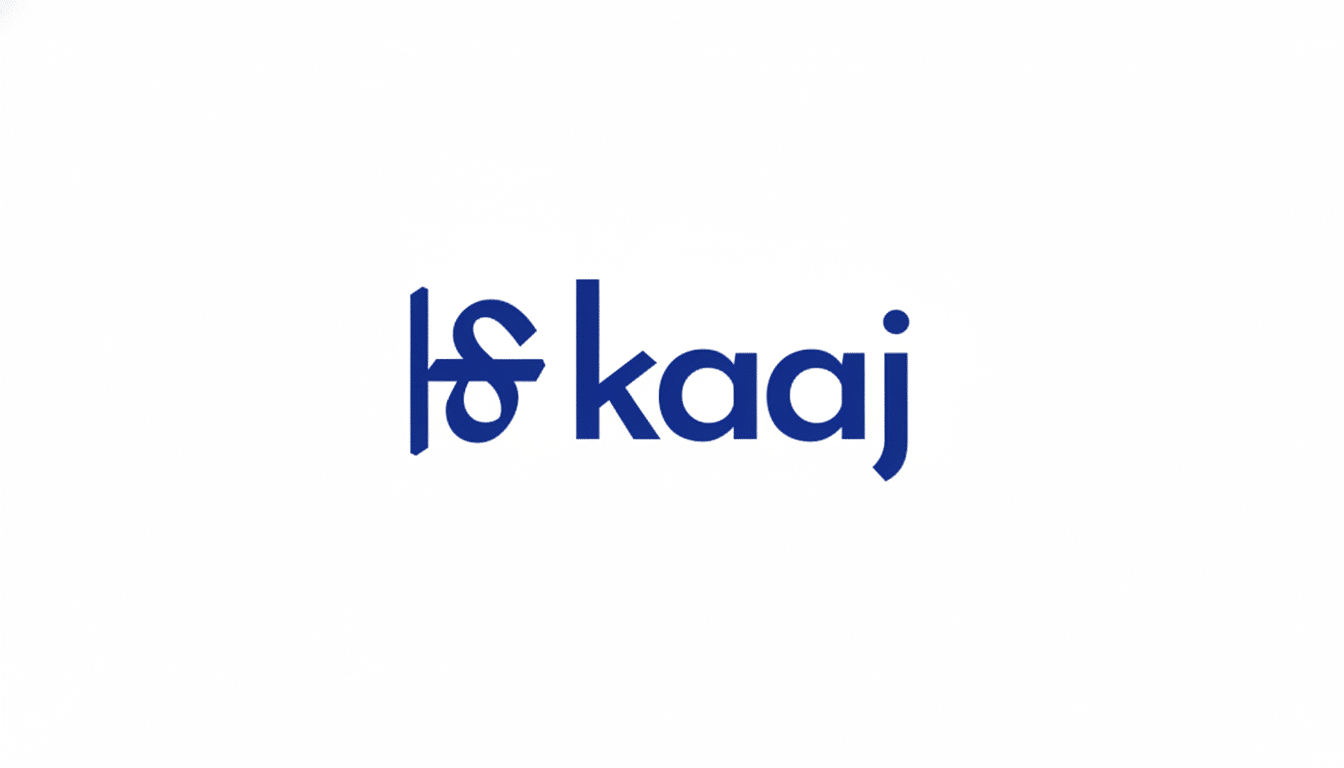Kaaj, a small-business lending-focused credit risk automation startup, has raised $3.8 million in a seed round led by Kindred Ventures with participation from Better Tomorrow Ventures. The company claims its AI platform condenses underwriting cycles from days into minutes, allowing lenders to handle orders of magnitude more applications without adding headcount and make smaller-ticket loans economical.
The Automation of Credit Risk in Small Business Lending
Kaaj was founded in 2024 by Shivi Sharma and Utsav Shah, who had spent years working in credit and fraud risk at companies like American Express and Varo Bank. Their observation was simple: lenders have to go through roughly the same effort to verify a $100,000 application as they do for one of $5 million, which eats into their margins on lower-principal loans and limits access to capital for small businesses.

The platform is addressing the pain points that make manual underwriting expensive—document intake, data verification, fraud checks, and policy adjudication—by orchestrating agent-style AI workflows in ways that mimic how analyst teams work. Kaaj frames this not simply as a point solution, but as end-to-end automation for the credit analysis process.
Inside Kaaj’s AI-Driven Underwriting Workflow and Policy Checks
When a business submits for funding, Kaaj ingests tax returns, statements, and financials; recognizes and classifies all the files; normalizes the data; then auto-populates that lender’s Loan Origination System.
The system performs tamper detection on documents, highlights possible discrepancies for fraud teams, validates applications against lender credit policies, and marks them as pass, fail, or needs review.
It integrates with popular CRM stacks, including Salesforce, HubSpot, and Microsoft ecosystems, so operations teams can maintain their existing workflows. With automation, users have gone from reviewing manually in days to decisions in minutes, and a group of people processing 500 applications a month can scale to 20,000 with the same staffing levels when repeatable tasks are automated, the company claims.
Kaaj is reported to have already facilitated more than $5 billion in loan applications, with customers such as Amur Equipment Finance and Fundr. Though early, that throughput suggests adoption in the segments where traditionally document-heavy underwriting—equipment finance, working capital, and asset-backed small business loans—have capped growth.
Why the Timing Is Right for Automation in Small Business Lending
The lending climate is competitive, yet origination costs and fraud risk have increased as rising numbers of applications shift online. Industry groups like the Association of Certified Fraud Examiners have been warning about increased document manipulation on digital channels, pushing lenders to invest in automated detection and verification.

Meanwhile, the Federal Reserve’s Small Business Credit Survey has found that many applicants continue to submit tax returns, bank statements, and financial statements and often wait a week or more for decisions. Community and regional banks, which originate a large portion of small business loans, have tightening margins and are resource constrained; automation that gets touches per file way down can grow credit access without giving up risk controls.
Crowded Field but End-to-End Ambition Sets Kaaj Apart
Kaaj joins a crowded market that includes identity verification and business verification providers (i.e., Middesk), document and data extraction specialists (i.e., Ocrolus), and data-parsing tools like MoneyThumb. The company says it’s differentiated by sewing together intake, validation, fraud checks, policy testing, and LOS population under a single AI layer so as to minimize handoffs and spreadsheets that can bring delays or errors.
That “full stack” approach is appealing to lenders that are more interested in quantifiable reductions in cycle times and consistent audit trails than a hodgepodge of point tools. For institutions subject to regulation, transparency of how decisions are made, what data was used, and when a human intervened is equally important as model accuracy.
What the New Capital Will Pay For at Kaaj
Kaaj says the seed round will be used to speed the development of its product and go-to-market with independent and small business lenders, as well as brokers that steer applications through to multiple funding sources.
Priorities include broadening the library of AI agents that automate common analyst duties, introducing modules for additional loan types, and building deeper integrations with core banking and LOS platforms.
The company’s bigger pitch is that by automating the “science” of credit analysis—data capture, normalization, rule checks—underwriters can concentrate on the “art” of doing deals and nuanced judgment. If doing so provides lenders with lower cost per file, shorter SLAs, and more fraud detection delivered consistently, the platform may ultimately be able to cost-effectively serve the long tail of small businesses without having to relax standards.
With Kindred Ventures and Better Tomorrow Ventures behind the project, Kaaj now has resources to test that thesis at scale. In a world where efficiency and control have become table stakes, the winners will be those platforms that enable lenders to say yes faster—safely and at volume.

